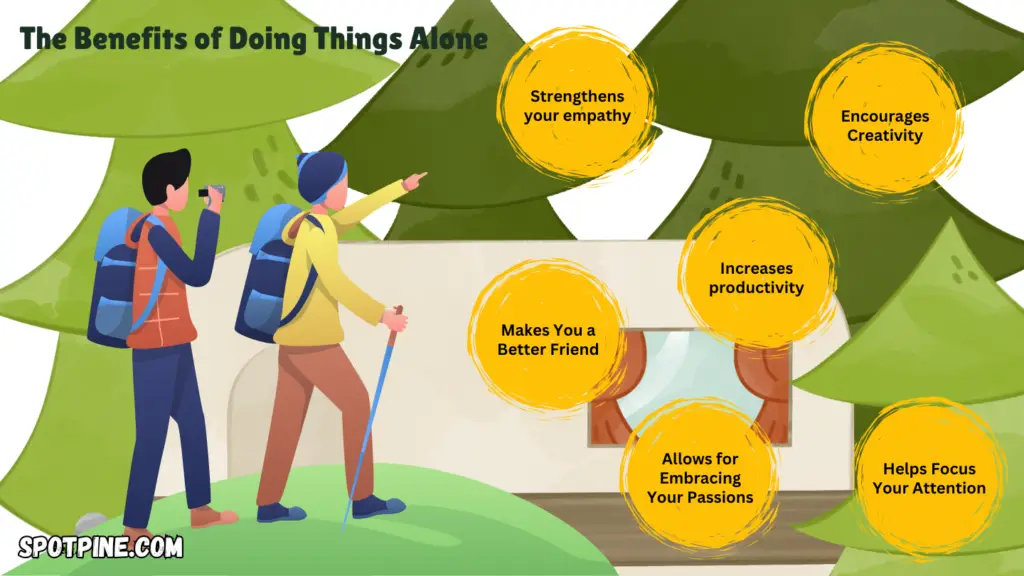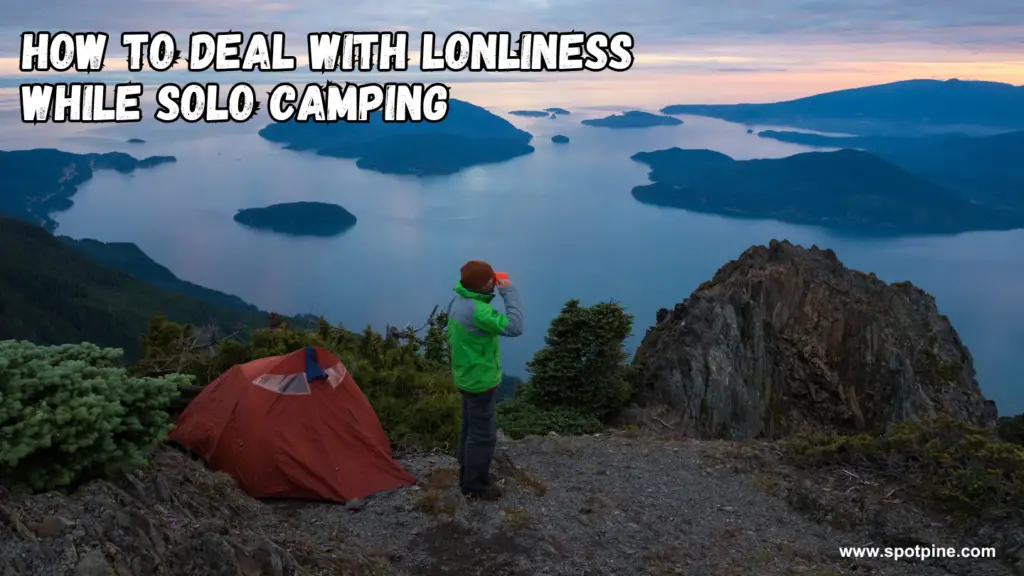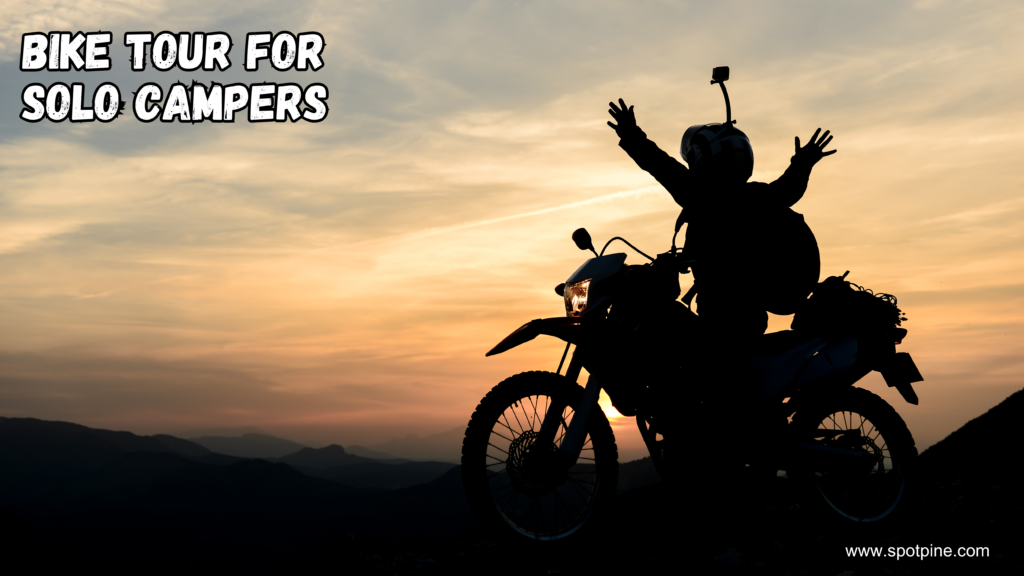When you embark on a solo camping trip, it’s not uncommon to experience feelings of loneliness. Being alone in the great outdoors can sometimes be overwhelming, but there are a few strategies you can employ to combat these emotions and make the most of your solo camping experience. In this article, we’ll explore some tips and techniques on how to deal with loneliness while solo camping.
1. Keep Your Mind Occupied
One effective way to combat loneliness while camping alone is to keep your mind occupied. Bring along a good book or a journal to write in. Engaging in activities that stimulate your mind will help distract you from feelings of loneliness and keep you entertained during your camping trip.
2. Embrace the Challenges of Solo Camping
Solo camping presents its unique set of challenges, but it’s essential to embrace these challenges rather than see them as obstacles. By embracing the challenges, you can focus on personal growth and self-discovery, which can help alleviate feelings of loneliness. Remember, overcoming challenges is an opportunity for personal development.
3. Give Yourself a Purpose
It’s important to give yourself a purpose when solo camping. Set goals for yourself, such as exploring new hiking trails, learning survival skills, or capturing stunning photographs of nature. Having a purpose will give you something to focus on and help prevent feelings of loneliness from creeping in.
4. Connect With Nature
One of the great joys of solo camping is the opportunity to connect with nature on a deeper level. Take the time to appreciate the beauty around you, notice the intricate details of plants and animals, and immerse yourself in the natural world. Developing a connection with nature can bring a sense of peace and fulfillment that can combat feelings of loneliness.
5. Meet Other Campers
Although you are camping alone, that doesn’t mean you can’t socialize and meet fellow campers. Strike up conversations with your neighbouring campers, join group activities or organized hikes, and make connections with like-minded nature enthusiasts. Meeting new people can provide companionship and may even lead to lasting friendships.

6. Stay Physically Active
Engaging in physical activities can have a positive effect on your mental state and reduce feelings of loneliness. Take a hike, go for a swim, or engage in other outdoor activities that keep you physically active. Exercise releases endorphins, which can elevate your mood and provide a sense of well-being.
7. Document Your Experiences
Keeping a journal, taking photographs, or creating art during your camping trip can be a therapeutic process. It allows you to reflect on your experiences and helps you stay engaged and connected to the present. By documenting your journey, you are creating memories and leaving a tangible reminder of your solo camping adventure.
FAQs:
How Do I Stop Being Scared Of Solo Camping?
Combat fear of solo camping by camping in a hammock, bringing a guard dog, and reading a book for company.
How Can I Cope With Loneliness While Solo Camping?
To ease loneliness, keep occupied with activities like reading, journaling, or taking photos of nature.
What Should I Do If I Feel Scared Camping Alone?
When feeling scared, try camping in familiar areas, bringing a pet, or listening to soothing music to calm nerves.
How Do I Maintain My Mental Well-being While Solo Camping?
Maintain your mental well-being by staying connected with loved ones through calls or texts during your camping trip.
Conclusion
Solo camping may sometimes evoke feelings of loneliness, but with the right strategies and mindset, you can overcome these emotions and make the most of your experience. By keeping your mind occupied, embracing the challenges, giving yourself a purpose, connecting with nature, meeting other campers, staying physically active, and documenting your experiences, you’ll find that solo camping can be a rewarding and enriching journey.



